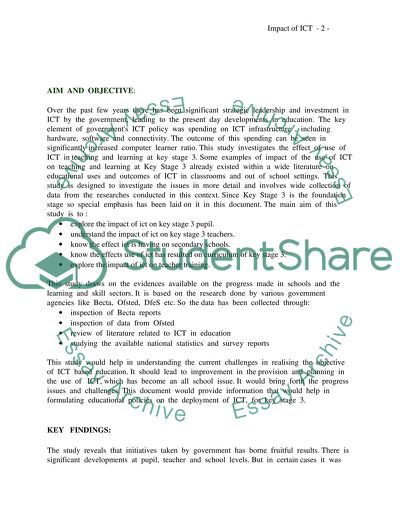Cite this document
(“How has the use of ICT enhanced the quality of learning and teaching Essay”, n.d.)
Retrieved from https://studentshare.org/miscellaneous/1535657-how-has-the-use-of-ict-enhanced-the-quality-of-learning-and-teaching-across-the-curriculum-at-key-stage-3
Retrieved from https://studentshare.org/miscellaneous/1535657-how-has-the-use-of-ict-enhanced-the-quality-of-learning-and-teaching-across-the-curriculum-at-key-stage-3
(How Has the Use of ICT Enhanced the Quality of Learning and Teaching Essay)
https://studentshare.org/miscellaneous/1535657-how-has-the-use-of-ict-enhanced-the-quality-of-learning-and-teaching-across-the-curriculum-at-key-stage-3.
https://studentshare.org/miscellaneous/1535657-how-has-the-use-of-ict-enhanced-the-quality-of-learning-and-teaching-across-the-curriculum-at-key-stage-3.
“How Has the Use of ICT Enhanced the Quality of Learning and Teaching Essay”, n.d. https://studentshare.org/miscellaneous/1535657-how-has-the-use-of-ict-enhanced-the-quality-of-learning-and-teaching-across-the-curriculum-at-key-stage-3.


